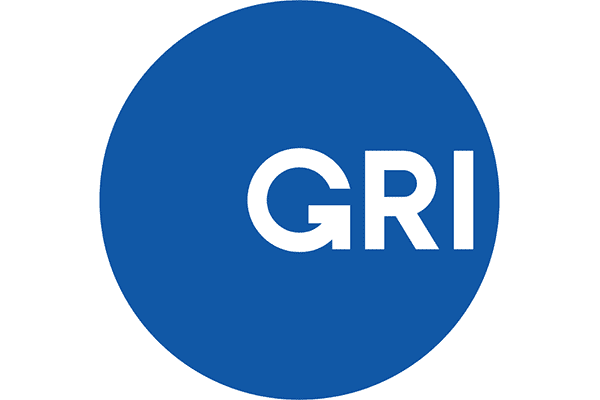When Sustainability Reported with Credible Standards
The global textile and apparel industry faces growing pressure to operate transparently, responsibly, and sustainably. International markets—especially in the European Union, North America, and parts of Asia—are increasingly demanding clear, standardized sustainability reporting to demonstrate compliance with environmental and social standards.
In Indonesia, while many textile and apparel companies are aware of sustainability issues, reporting practices remain fragmented and inconsistent. This lack of uniform reporting makes it difficult for stakeholders—including buyers, regulators, and the public—to accurately assess the sector’s environmental and social impact. As a result, local businesses risk being excluded from high-value international markets that now require credible and comparable sustainability data.
Impactful Sustainability Reporting
To facilitate collaboration between RTL and GRI in supporting the Sustainability Reporting Initiative in Indonesia’s textile and apparel sectors, enabling the industry to adopt consistent, transparent, and impactful sustainability reporting practices.

The Global Reporting Initiative (GRI) is the world’s most widely used framework for sustainability reporting. Through its Textile and Apparel Sector Standard, GRI provides sector-specific guidance to help companies measure and disclose their environmental, social, and governance (ESG) performance in a standardized, globally recognized way
Increase Global Competitiveness Through Sustainability Reporting
Facilitating Initiatives to Advance Sustainability Reporting
- Engage stakeholders across the textile and apparel value chain to build capacity in sustainability reporting.
- Conduct workshops, training sessions, and industry dialogues to increase awareness and skills.
Supporting the GRI Textile and Apparel Sector Standard
- Facilitate public consultation on the standard in Indonesia.
- Oversee the launch of the standard at the national level.
- Lead the translation into Bahasa Indonesia to ensure accessibility for local stakeholders.

